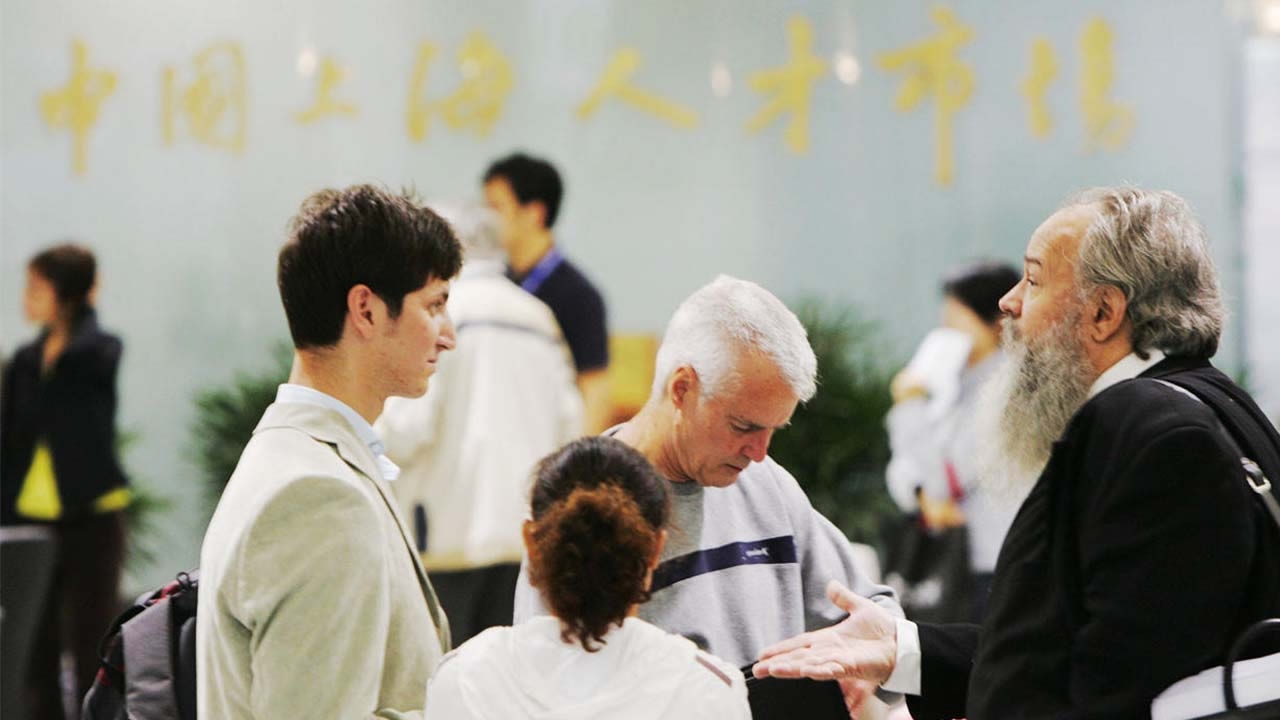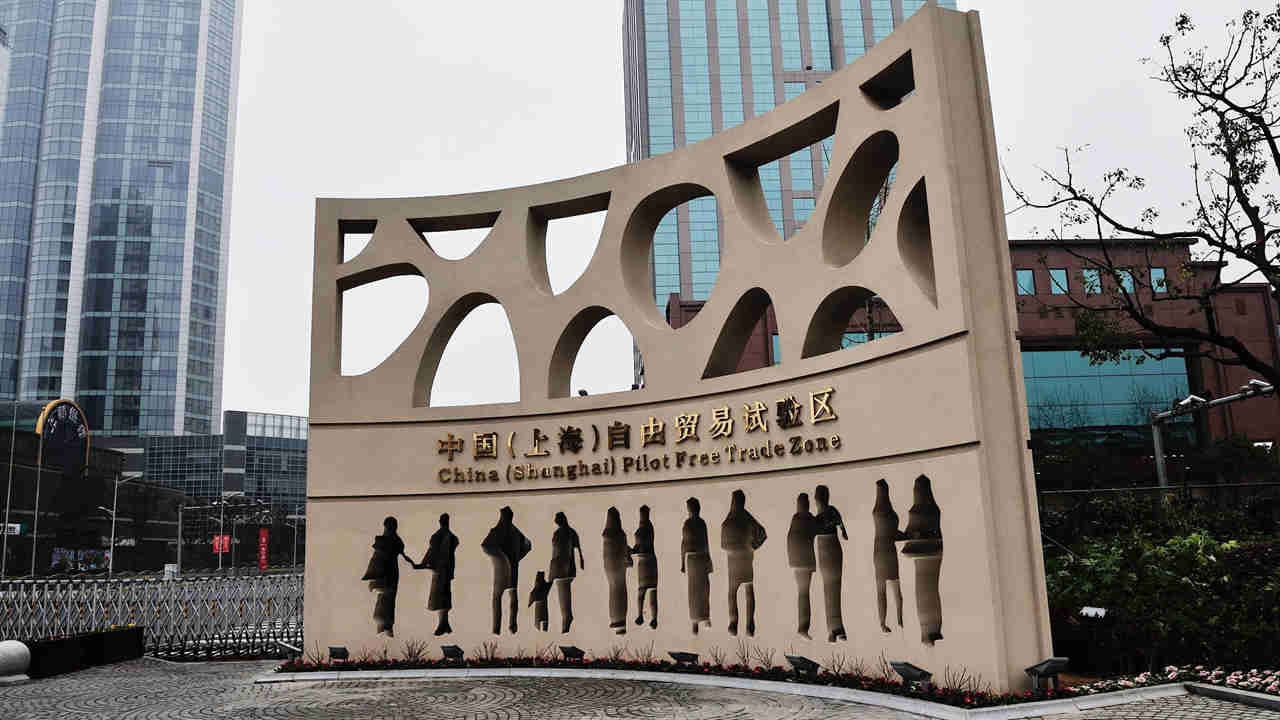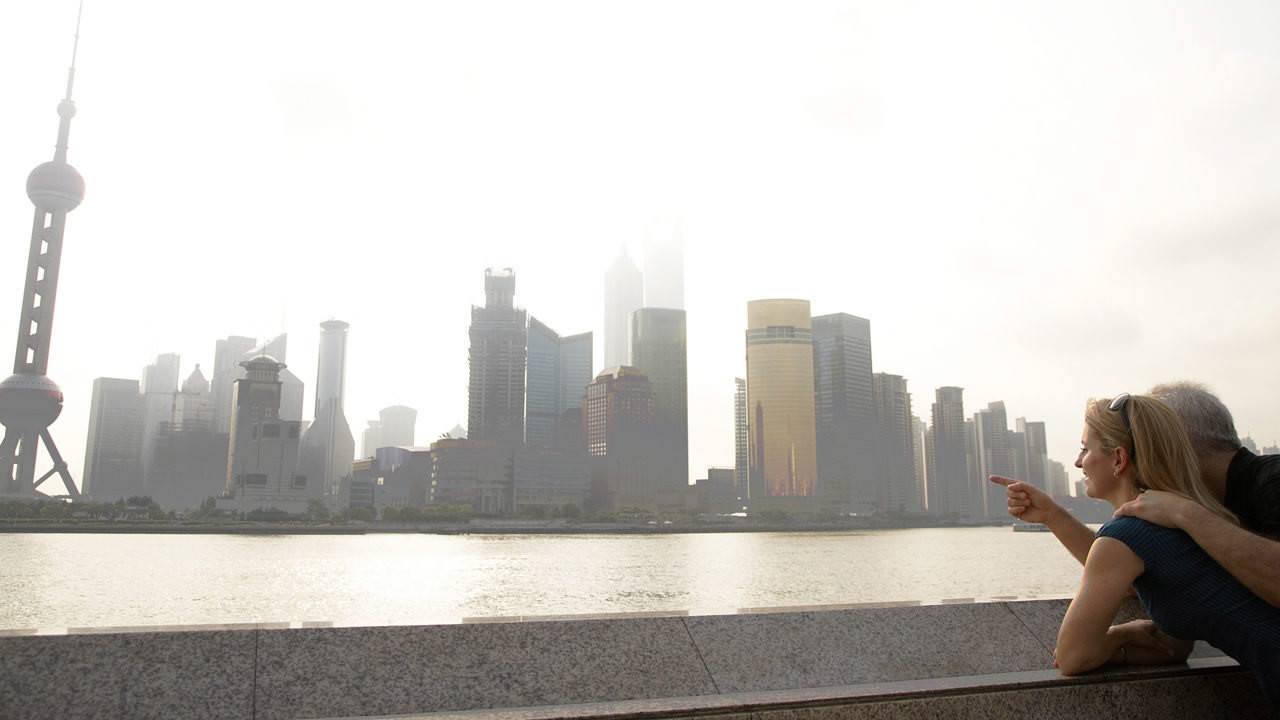
Business
21:00, 31-Oct-2017
Permanent residency made easier for Shanghai's expats
CGTN

The winners of this year’s "Top 10 Up-and-Coming Entrepreneurs in Shanghai" award were three American expats, building a start-up in the dynamic metropolis, which may serve as a gauge of the increasingly active role of foreign professionals on the Bund and beyond.
Shanghai is now home to nearly 200,000 foreign residents, according to official figures.
And to help that population feel more at home and eventually attract more of their kind, Shanghai is testing out a an initiative aimed at simplifying the process of getting a Chinese "green card", a permit for permanent residence for non-Chinese citizens.

VCG Photo.
VCG Photo.
New rules in Shanghai have allowed a greater number of foreigners to qualify for the permit. As long they have lived in the city for four years, make at least 600,000 yuan (97,000 US dollars) a year and pay 120,000 yuan in taxes annually, an expat can apply for permanent residency.
The new rules now includes a much wider range of professionals than business executives, scientists or academics, who were the only groups previously authorized to apply.
"Those who have a doctoral degree can apply for permanent residency without any income or company sponsorship requirements," said Cai Baodi, Deputy Director of Foreigner Visa Department at the Shanghai Exit-Entry Bureau.
The new policy has also benefited foreigners who work for high-tech companies in Zhangjiang High Technology Park on the city’s outskirts, as well as the the Shanghai Free Trade Zone (FTZ).
"Others who have worked in the FTZ, Zhangjiang Park or two incubator bases for over four years can get a green card, but they are required to stay in the country for at least six months each year. Chinese with a foreign passport who have close relatives living in Shanghai can also apply for a green card," Cai added.

/VCG Photo.
/VCG Photo.
Simon Lichtenberg, a Danish citizen and CEO of furniture firm Trayton Group, began doing business with locals in 1998, a time when foreigners weren't even allowed to run a company in the city.
He has witnessed Shanghai's increasing tolerance towards a global crowd of professionals.
"The process in most areas and districts has become much more open. They put the service together, you can register, get tax, customs, all the different licenses in one building," he said.

SITEMAP
Copyright © 2018 CGTN. Beijing ICP prepared NO.16065310-3
Copyright © 2018 CGTN. Beijing ICP prepared NO.16065310-3